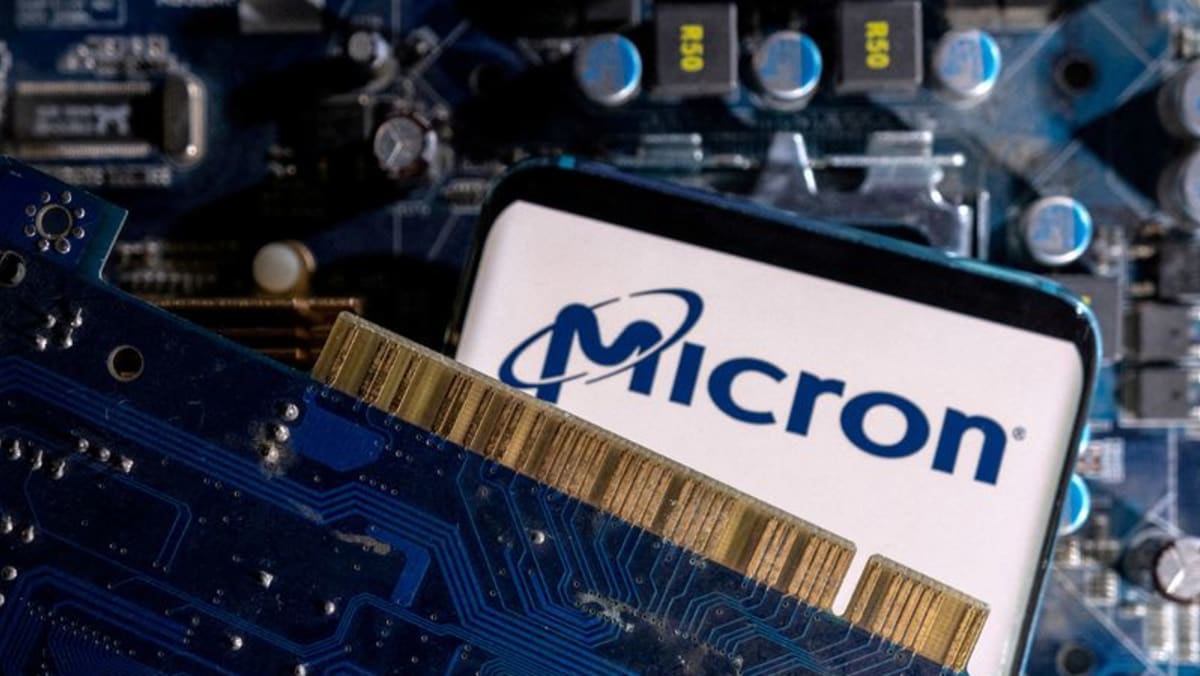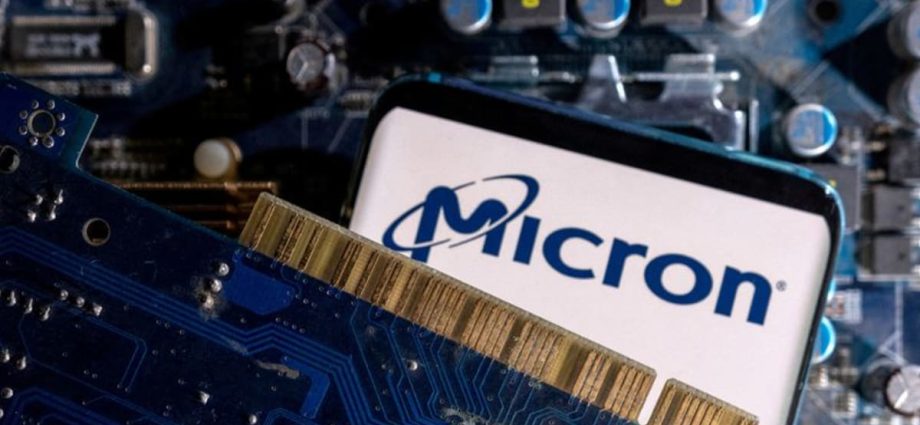
Micron has said it is communicating with Chinese authorities about the decision. Meanwhile, chief financial officer Mark Murphy said it estimates the impact is “in the low single digits percentage of the company’s total revenue at the low end, and high single digits percentage of total revenue at the high end”.
However, the US Commerce Department described the ruling, along with recent raids on US consultancy firms in China, as a violation of Beijing’s commitment to an open market economy and a transparent regulatory framework. Beijing has denied that this is the case.
An editorial by the Chinese Communist Party-controlled newspaper Global Times said the Micron ruling was fact-based and the result of “a seven-week investigation by the General Administration of Customs” and a cybersecurity review by China’s cybersecurity watchdog the Cybersecurity Administration of China.
“Many foreign media outlets have included this matter in the scope of the US-China tech war, suggesting that it could lead to an escalation of the ‘tech war’ … however, it needs to be said that the reality is not so,” said the editorial. “The so-called ‘national security’ of the US is a unilateral and anti-market suppression of China’s technology, while China’s security review of Micron is to effectively safeguard its own security interests.”
It continued that “any company must operate in compliance with the laws and those involved in illegal undertakings are subject to investigations”.
ICWise, a Shanghai-based consultancy, published a research note on Tuesday, saying China’s punishment of Micron is “relatively restrained” and that the country can afford to sanction Micron because its products can easily be substituted in the Chinese market.
Zhang Chao, a merchant who runs a memory product store on Alibaba Group Holding’s Taobao.com, said that even if China’s ban reaches the consumer end, it will likely have a small impact as these Micron products account for “a very low proportion” of market share.
“I don’t think the ban will have a significant impact on my business,” said Zhang. “The sales of [Micron’s] crucial products are too low for me to worry about.”

